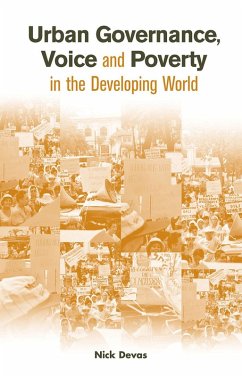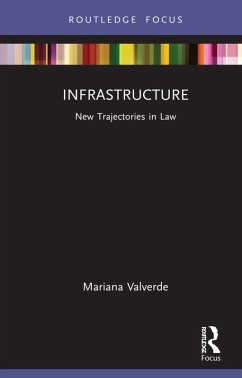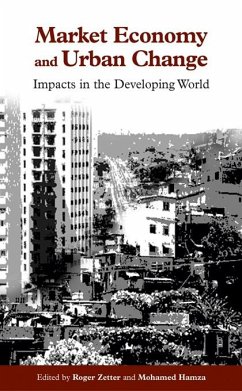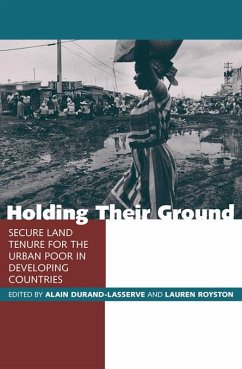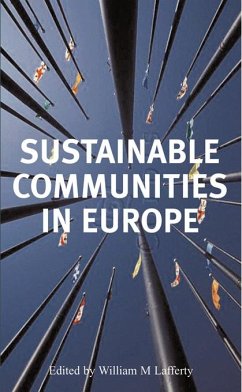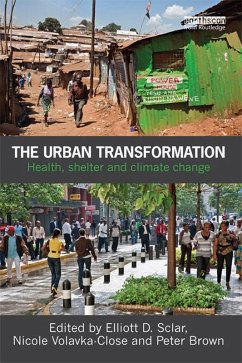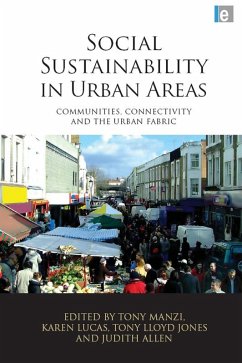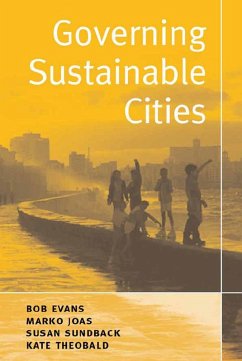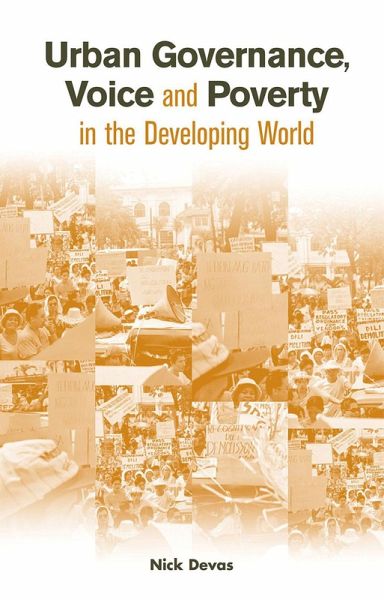
Urban Governance Voice and Poverty in the Developing World (eBook, PDF)

PAYBACK Punkte
20 °P sammeln!
Poverty and governance are both issues high on the agenda of international agencies and governments in the South. With urban areas accounting for a steadily growing share of the world's poor people, an international team of researchers focused their attention on the hitherto little-studied relationship between urban governance and urban poverty.In their timely and in-depth examination of ten cities in Africa, Asia and Latin America, they demonstrate that in many countries the global trends towards decentralization and democratization offer new opportunities for the poor to have an influence on...
Poverty and governance are both issues high on the agenda of international agencies and governments in the South. With urban areas accounting for a steadily growing share of the world's poor people, an international team of researchers focused their attention on the hitherto little-studied relationship between urban governance and urban poverty.
In their timely and in-depth examination of ten cities in Africa, Asia and Latin America, they demonstrate that in many countries the global trends towards decentralization and democratization offer new opportunities for the poor to have an influence on the decisions that affect them. They also show how that influence depends on the nature of those democratic arrangements and decision-making processes at the local level, as well as on the ability of the poor to organize.
The study involved interviews with key actors within and outside city governments, discussions with poverty groups, community organizations and non-governmental organizations (NGOs), as well as analyses of data on poverty, services and finance. This book presents insights, conclusions and practical examples that are of relevance for other cities. It outlines policy implications for national and local governments, NGOs and donor agencies, and highlights ways in which poor people can use their voice to influence the various institutions of city governance.
In their timely and in-depth examination of ten cities in Africa, Asia and Latin America, they demonstrate that in many countries the global trends towards decentralization and democratization offer new opportunities for the poor to have an influence on the decisions that affect them. They also show how that influence depends on the nature of those democratic arrangements and decision-making processes at the local level, as well as on the ability of the poor to organize.
The study involved interviews with key actors within and outside city governments, discussions with poverty groups, community organizations and non-governmental organizations (NGOs), as well as analyses of data on poverty, services and finance. This book presents insights, conclusions and practical examples that are of relevance for other cities. It outlines policy implications for national and local governments, NGOs and donor agencies, and highlights ways in which poor people can use their voice to influence the various institutions of city governance.
Dieser Download kann aus rechtlichen Gründen nur mit Rechnungsadresse in A, B, BG, CY, CZ, D, DK, EW, E, FIN, F, GR, HR, H, IRL, I, LT, L, LR, M, NL, PL, P, R, S, SLO, SK ausgeliefert werden.




